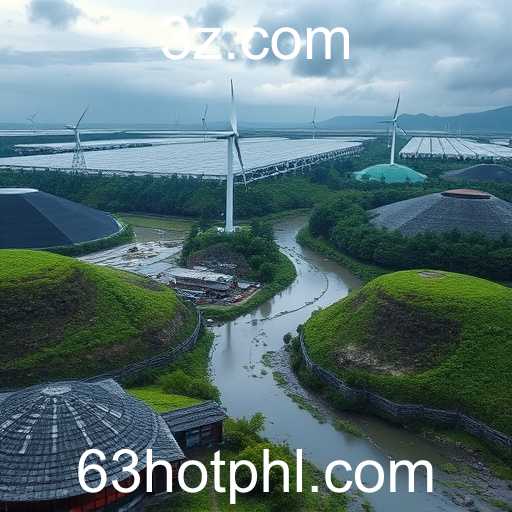As the world moves deeper into the 21st century, the intersection of climate change and artificial intelligence is increasingly becoming a focal point for both policymakers and innovators. With rising global temperatures and the resulting environmental impact, it has become crucial for societies to actively seek solutions that address these climatic challenges. Enter artificial intelligence, a rapidly growing technology poised to play a pivotal role in mitigating the effects of climate change.
AI technology, through its ability to process massive datasets efficiently, is providing new insights into climatology. Scientists are harnessing machine learning algorithms to predict weather patterns more accurately, enabling better preparedness against natural disasters such as hurricanes and floods. These advancements are invaluable in planning for the future, especially in vulnerable regions where the impacts of climate-related events are most severe.
The synergy between AI and climate science also manifests in the field of sustainable energy. Intelligent systems help optimize energy consumption, reduce waste, and enhance the efficiency of renewable sources like solar and wind power. This integration not only supports the global transition to clean energy but also fosters economic benefits by lowering costs and increasing reliability.
Furthermore, governments and organizations are increasingly adopting AI-driven policies to advance environmental regulations. By using AI to model and enforce environmental protections, these entities are creating more dynamic and responsive frameworks that can adapt to the changing climate landscape.
While the promise of AI in combating climate change is significant, it is not devoid of challenges. Ethical considerations, data privacy concerns, and the high energy demands of AI technologies themselves must be addressed to ensure sustainable progress. Nonetheless, the role of AI in environmental stewardship is reshaping traditional approaches and paving the way for a future where technology and nature coexist more harmoniously.
In summary, the confluence of climate change dynamics and AI innovation is rapidly redefining how global communities approach environmental issues. By capitalizing on the strengths of technology, societies can develop robust strategies to combat the adverse effects of climate change, creating a sustainable, resilient future.








